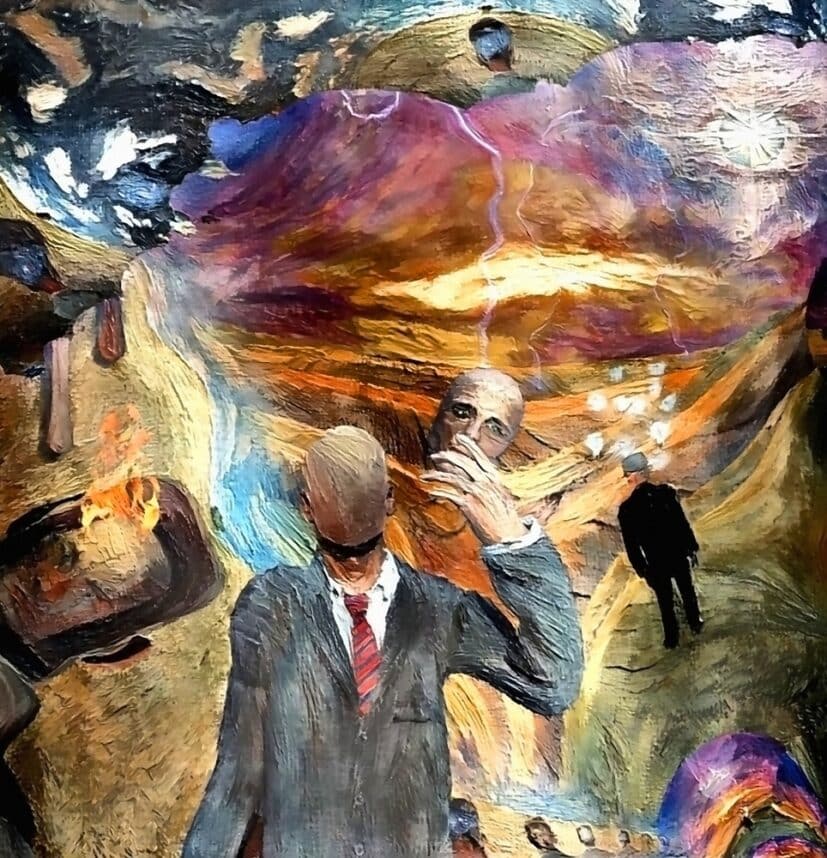
Moonlight – Sunlight – The First of the Seven Weeks
Thoughts Coinciding with Torah Portion Va-etchanan
This week is the first of seven weeks that takes us to Rosh HaShanah. This week’s Torah portion is an excellent first step. We have here the 10 Commandments as well as the Shema, two foundations of the Jewish religion.
In thinking about the High Holy Days, though, I find myself drawn to another part of our Torah portion – the first few verses. “Va-etchanan” means, “I pleaded.” Moses pleaded with God to allow him to see the Promised Land. God refused. There are competing theories as to why God said no, but the most important thing was the “no.” Moses was not going to get what he wanted, what he dreamed of, what his life’s purpose was. At least what he thought his life’s purpose was.
According to the book of Deuteronomy, Moses did not collapse. He did not quit. He doesn’t even seem to have been depressed. He carried on. Promised land, but apparently not promised to him.
Perhaps Moses says to himself, “All right. I did not see that coming. Now what?”
People say that when one door closes, another opens. Perhaps, however, when one door closes, you look around at where you are, and you realize you are where you are supposed to be. Or know, at least, that you are not going anywhere soon.
Perhaps the God Who is called “I am Who I Am” was saying, “Be here now.”
When Moses was denied entry to the land, did he suddenly understand that his life was never ultimately about his going to the land in the first place? Canaan was to be the place where the people of Israel could create a spiritual and moral path to God in sovereign boundaries. Perhaps that was not to be the work of Moses – that work was to be bequeathed to others.
Moses had been traversing a path to God since he went out to see his people in Exodus 2:27. That journey intensified when he fled Pharaoh’s palace as a fugitive, on a journey into the unknown. When Moses encountered the angel of God in the heart of fire in the burning bush, he was told by the angel, “Take your shoes off your feet, for the place that you stand upon is holy ground.” That ground was his holy land, a holy place he never left. He was on holy ground wherever he went.
As we begin our walk to the Days of Awe, we must remind ourselves: the work we are doing, at its core, is not about the High Holy Days. Our deepest path is not about religion, not even about God. The Days of Awe are about encountering the God beyond God, an encounter with pure Being. The soul encountering its source. Right here, right now.
This encounter can be profoundly unsettling. Beyond the text, beyond the prayers, beyond theological knots – a place where you just know a Presence that cannot be named – yet, it somehow knows your name. Silence is the greatest prayer, as we experience the unbearable lightness of our being.
Menachem Mendel of Vorki was asked, “What constitutes a true Jew?” He said, “Three things are fitting for us. Upright kneeling, silent screaming and motionless dance.” (Buber, Tales of the Hasidic Masters)
This encounter is unbearable if it lasts too long. If you stay there, you can’t come home. If you have been there, you can’t come home anyway, not the way you used to be.
This experience never leaves the heart, and in some ways creates a hole in the heart that yearns to be filled. Some of us are born with that tear (a “kera” in Hebrew) in the heart; for others, life rips it open. It can only be filled with the overflow of pure being (the “shefa,” as the Kabbalists call it). The overflowing, the “shefa,” has many vessels into which it pours itself. Religion-this-side-of-God can certainly be one of them. For many, however, religion out of a can is not a satisfying vessel. Much of religion-this-side-of-God refuses to admit it is a finger pointing at the moon. It is not the moon.
And the light of the moon is not its own light. Moonlight reflects sunlight.
Healing the wound and suturing that tear takes us into the world of spirit, to the garments of God: Love, Justice, Truth and Beauty. The Good. The Holy.
When experiencing the incoming Overflow, you face the existential burden of knowing that you are must choose a life – in every conscious moment, another choice – in the presence of the Knowing One. With this knowledge, a calm resilience, a strength and courage, settles in as well.
When God says to Moses, “You can’t cross over to the land,” perhaps Moses thinks, “I’ve been on this land the whole time, anyway.”
Of course, the problem is we can forget all this. Just go back to sleep. We have to be disciplined and methodical about staying awake to the beauty, to the light, to the love. We have to find a way not to fall back asleep. Hence religion.
So here is a start on the path to the High Holy Days: As we are taught in our portion, remember to love the Divine and all the garments of the Divine, when you lie down in the moonlight and when you arise in the sunlight. From love will come duty, from duty we find truth.


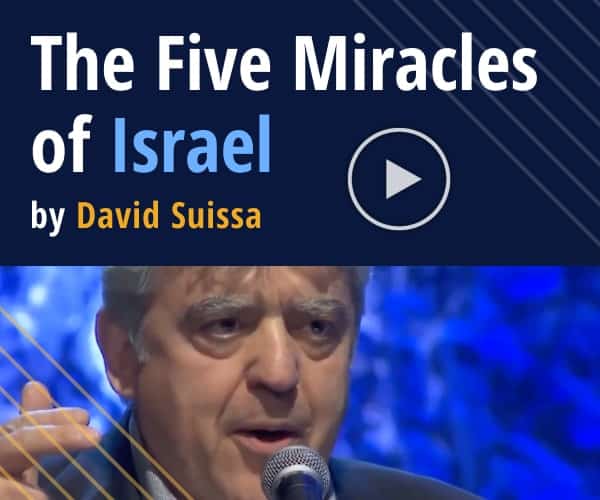








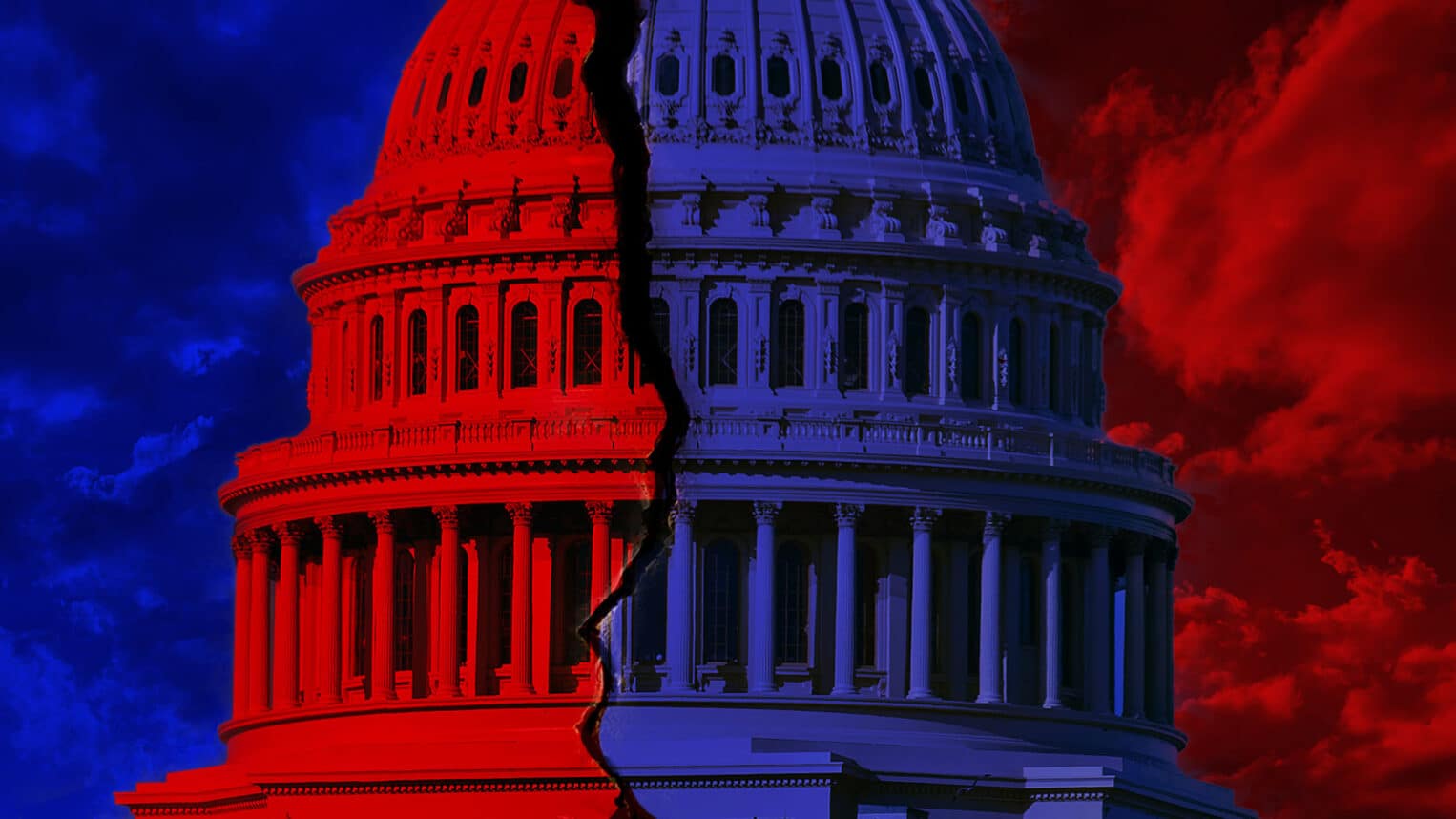
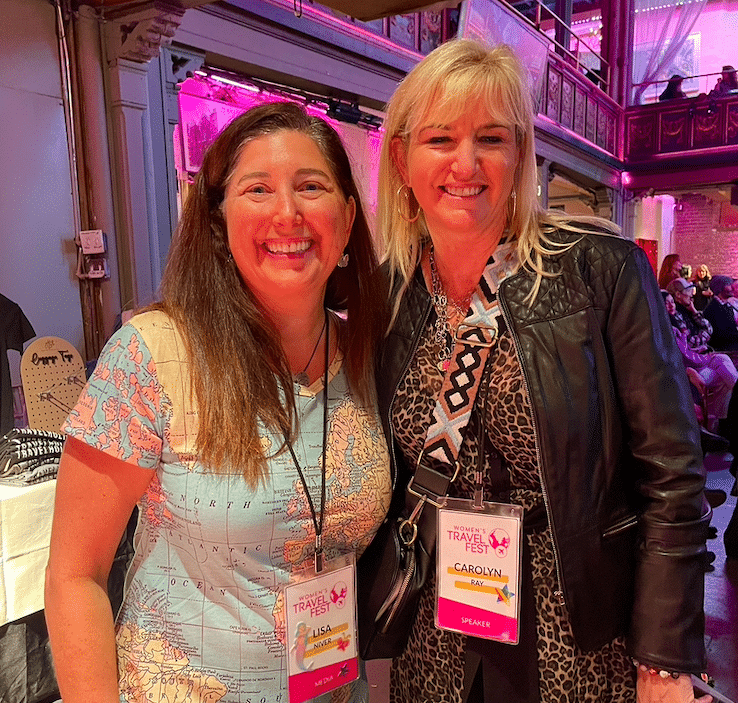


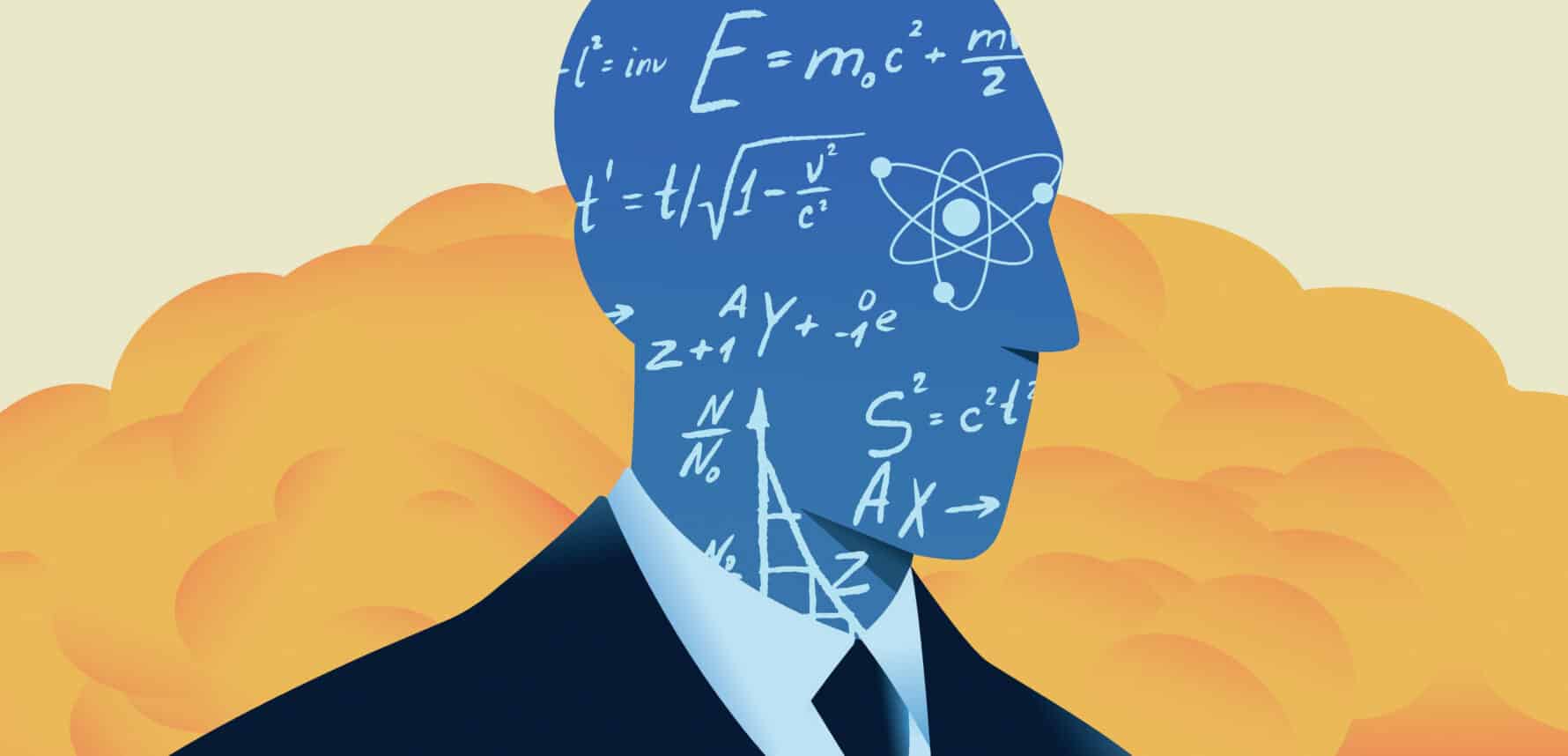






 More news and opinions than at a Shabbat dinner, right in your inbox.
More news and opinions than at a Shabbat dinner, right in your inbox.